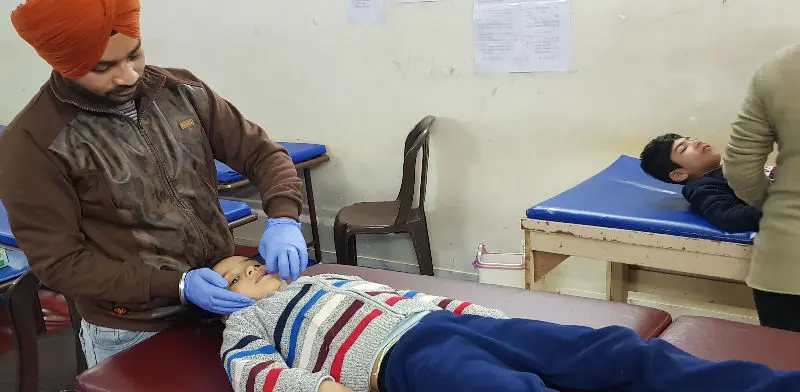A negative perspective frequently breeds more negativity, whereas thinking positively about a situation or scenario yields sentiments of gratitude. Because the same part of the brain, that regulates emotions and behaviour regulates higher-order cognitive skills such as focus and attention. Gratitude can lead to thinking that is more creative, mentally productive and has a longer attention span and Gratitude Affect Your Life.
The way the brain processes such sensations, if you are continually thinking badly about things and experiencing unpleasant emotions, you will most likely experience more of the same. When a person is under negative stress, consequently processing time may be lowered. Because for even such thoughts energy is taken away from the prefrontal cortex, which serves as a distribution hub for other important mind/brain activities as well.
What is Gratitude
Gratitude in all of its manifestations is linked to joy. Whether we express “thank you” to someone or get it from someone else, the sensation is one of genuine happiness and encouragement. Gratitude expressions aid in the formation and maintenance of long-term relationships, as well as in dealing with adversity and rising above it with strength and drive.
Expressing thanks to others, as well as to oneself, produces pleasant emotions, most notable joy with satisfaction. Gratitude affects our general health and well-being by eliciting sentiments of joy and happiness.
In a survey of adult professionals on thankfulness, British psychologist and wellness specialist Robert Holden discovered that 65 out of 100 respondents chose pleasure over health, even though both were equally vital for a healthy life. In his study, Holden proposed that unhappiness lies at the basis of many psychopathological illnesses such as depression, anxiety, and stress.
Relation between Brain & Gratitude As per Science Researches
In 2008, scientists researched to analyse the Brain Activity of persons who were thinking about and feeling grateful. What they discovered was “Gratitude generates synchronized activity in many brain areas and activates sections of the brain’s reward circuits as well as the hypothalamus. Gratitude, in summary, can increase the neurotransmitter serotonin and activate the brain stem, causing it to create dopamine.” Dopamine is the pleasure chemical in our brain. The more positive and thankful thoughts we have, the healthier and happier we feel.
Positive thinking may become a way of life because of the brain’s flexibility or plasticity. When your mind is filled with positive ideas, you can expect to see improvements in many aspects of your life, including your relationships, health, academic performance, achieving your aspirations and objectives, and more.
Various Ways of Practicing and Adopting Gratitude
Reprogramming the brain to have a more optimistic viewpoint requires time and effort. Here are some family-friendly appreciation exercises that are ideal for children who struggle with conduct or lack confidence:
- Helping someone who is in desperate need, such as someone who does not have food or clothing, will allow you to feel grateful.
- Make it a habit to set aside a block of time each day to discuss these appreciation practices with your kid.
- Keep a thankfulness diary, write in it every day, and Express thankfulness to people. (For example, “I appreciate your assistance.”)
- Positive affirmations should be heard daily.
- Meditation and quiet should be practiced.
By practicing Gratitude, you will quickly see that your life become fuller of joy, happiness and a sense of satisfaction is always there.
How Gratitude Can Affect Your Brain
Attention has been drawn to neural systems that are responsible for sentiments of appreciation (Wood, Maltby, Stewart, Linley, & Joseph, 2008). According to research, moral judgments including sentiments of gratitude are elicited in the right anterior temporal cortex (Zahn et al., 2009).
According to the same study, the reason why some of us are inherently more thankful than others is due to neurochemical variations in the Central Nervous System.
Note: IIAHP Therapy Center and Learning School in Sector 35 Chandigarh, (Ph-9815652162). We provide Down Syndrome Treatment, Dyslexia Treatment, Autism treatment, Developmental Delay Treatment, Cerebral Palsy Treatment, Mental Retardation Treatment, Speech Therapy, Slow Learners Treatment, ADHD Treatment, and Therapies for Special Needs Children etc. We Take New Children All Year.






